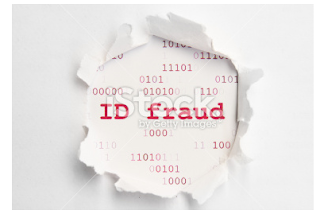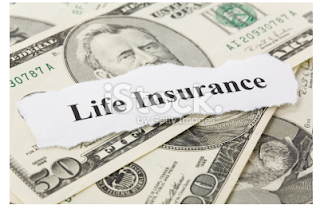A life policy is a valuable document. It is more than an instrument to compensate for the loss of life of the insured or earning power because of an accident or illness. You can wisely consider the following benefits:
2. Tax-deductible: Life insurance premium is usually a tax-deductible item. In Malaysia there is a personal tax relief of RM6000; however, this amount is inclusive of your share of contributions to Employees provident fund.
3.
A source of
cash: As time passes by, your policy builds up a reserve of a fund and you can withdraw its cash value in case there is an urgent need for cash.
4. A pledge for a loan: You can also pledge your policy and apply for a loan. As it is a loan you will have to pay interest for the loan amount.
5. A source of fund for the next-of-kin: Perhaps it is your aim to create wealth for your immediate family. A life policy is usually for this purpose.
6. Funeral expenses: Upon the maturity of the policy or the untimely demise of the insured, part of the policy proceeds will pay for the deceased’s funeral expenses. It is a wise move to avoid your immediate family to shoulder such cash outflow.
7. Settlement of outstanding debt such as a mortgage or personal loan: Upon the premature death of the insured, the proceeds of the policy can be used to settle the deceased’s credit card and personal debt. An MRTA policy will be conveniently used to settle outstanding housing loans in the name of the insured.
8. Children’s education: It is yet another wise move to purchase a policy and save for your children‘s future education. The maturity date will coincide when your child enters university.
9.
Retirement fund: An insurance policy is also a good source of a retirement fund. You can time the maturity date of the policy to match the commencement of your
retirement.
10. Financial support of your family: To avoid financial strain to your immediate family an insurance policy will be a source of a fund when you are the only breadwinner upon your untimely departure as a result of an accident or terminal illnesses.
There are many types of life policies:
Term Life Insurance: When the policy expires it has no cash value, but it offers maximum protection with minimum cost for a stated period. A death benefit will be paid when the insured dies or suffers total and permanent disability while the policy is still active. This type of policy is to replace your earning power and create a source of fund for yourself or your immediate family
Whole Life Policy: This form of policy is to create wealth for your next-of-kin because you are paying the premium for your whole life until you pass away or are permanently disabled.
Endowment policy: The policy offers protection as well as savings for a specific period and for a specific purpose. The fund may be needed for your marriage or a down-payment for your house.
Investment-linked insurance: It offers protection and a chance to invest by participating in units in a fund managed by the life insurance company. The value of your fund goes up or down subject to market forces.
Child education policy: As the name implies it is a policy to cater to your child’s education.
Medical and health: It has no cash value, but it is an essential expense item. Medical and health insurance is designed to cover the cost of private medical treatment, which can be very costly, especially with hospitalization and surgery. MHI also ensures that you won't have to worry about the cost of seeking treatment during emergencies. In addition, MHI also provides you with an income stream while you undergo treatment.
Retirement Annuity: It is to ensure that you can depend upon a steady source of income during your retirement. Bear in mind that the income payments you receive will depend on the amount you pay to purchase the annuity, your age when you purchase the annuity, and your gender.
Mortgage reducing term assurance: It is a policy to cover the repayment of an outstanding property loan to the financial institution in the event of untimely death, disability, or critical illness of the borrower.
Conclusion:
You will consider and purchase suitable policies to suit your requirements.










